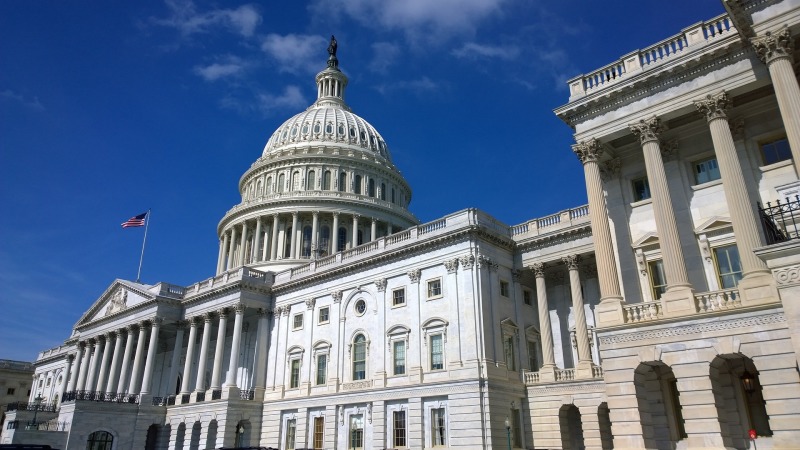
In a plea for immediate action, Philos Project, a Christian advocacy group, has appealed to the US Congress to provide aid and assistance to the Armenian population stranded in the war-torn region of Nagorno-Karabakh. Citing President Biden's muted response to the crisis, the group has highlighted the situation's urgency and called for a robust humanitarian intervention.
Christian Advocacy Group's Appeal to US Congress
A report from FOX News stated that the Philos Project, Armenian-Americans, and other advocacy groups have directly appealed to President Biden for urgent action to assist the stranded Armenians. However, according to the group, the administration's response has been limited and subdued. As mentioned, the Philos Project sent a letter to the House Foreign Affairs Committee (HFAC), directing it to Chairman Mike McCaul, a Republican from Texas, and ranking member Gregory Meeks, a Democrat from New York, on Friday.
Moreover, the Christian advocacy group's appeal comes amidst a deteriorating humanitarian situation in Nagorno-Karabakh, where thousands of Armenians continue to suffer the consequences of the recent conflict between Armenia and Azerbaijan. The ongoing crisis has led to widespread displacement, loss of life, and the destruction of vital infrastructure, leaving many Armenians stranded and in dire need of assistance.
Fight Between Armenia and Azerbaijan War
The conflict between Armenia and Azerbaijan continues to escalate, with both nations locked in a bitter struggle over the disputed region of Nagorno-Karabakh. The historical context of the conflict and potential pathways for resolution is crucial to understanding the current situation. According to a report from WIO News, the roots of the conflict trace back to the early 20th century when both Armenia and Azerbaijan were part of the Soviet Union. Nagorno-Karabakh, populated predominantly by ethnic Armenians, sought to break away from Azerbaijan and join Armenia.
Azerbaijan launched a military campaign in response, resulting in a full-scale war between the two nations from 1992 to 1994. The war led to the displacement of hundreds of thousands of people and left Nagorno-Karabakh under the control of ethnic Armenians. In a recent development, Eurasian Times reported that Armenia was ready to recognize Nagorno-Karabakh as an independent territory. This move could reshape the dynamics of the conflict and open avenues for negotiations and peaceful resolution.
On the other hand, in an attempt to find a diplomatic solution, Reuters stated that Armenia and Azerbaijan held peace settlement talks in Washington on April 29th. The settlement aimed to address both sides' key issues and grievances and find common ground for a lasting peace agreement between the two countries. While the discussions were considered a positive step forward, the path to a comprehensive resolution remains challenging. The conflict between Armenia and Azerbaijan has had far-reaching
consequences, including loss of life, displacement, and the destruction of infrastructure. Furthermore, the international community has expressed concern over the escalating tensions and called for an immediate ceasefire and dialogue between the two nations. As the fight between Armenia and Azerbaijan war rages on, efforts to find a peaceful resolution continue. Both sides must engage in meaningful negotiations, considering the affected populations' historical context, territorial claims, and aspirations. A sustainable solution must prioritize the well-being and rights of all parties involved, ensuring the region's stable and peaceful future.
Related Article:Zelensky Vows To Defend Ukraine Against Russian Aggression in an Emotional Speech to US Congress



















